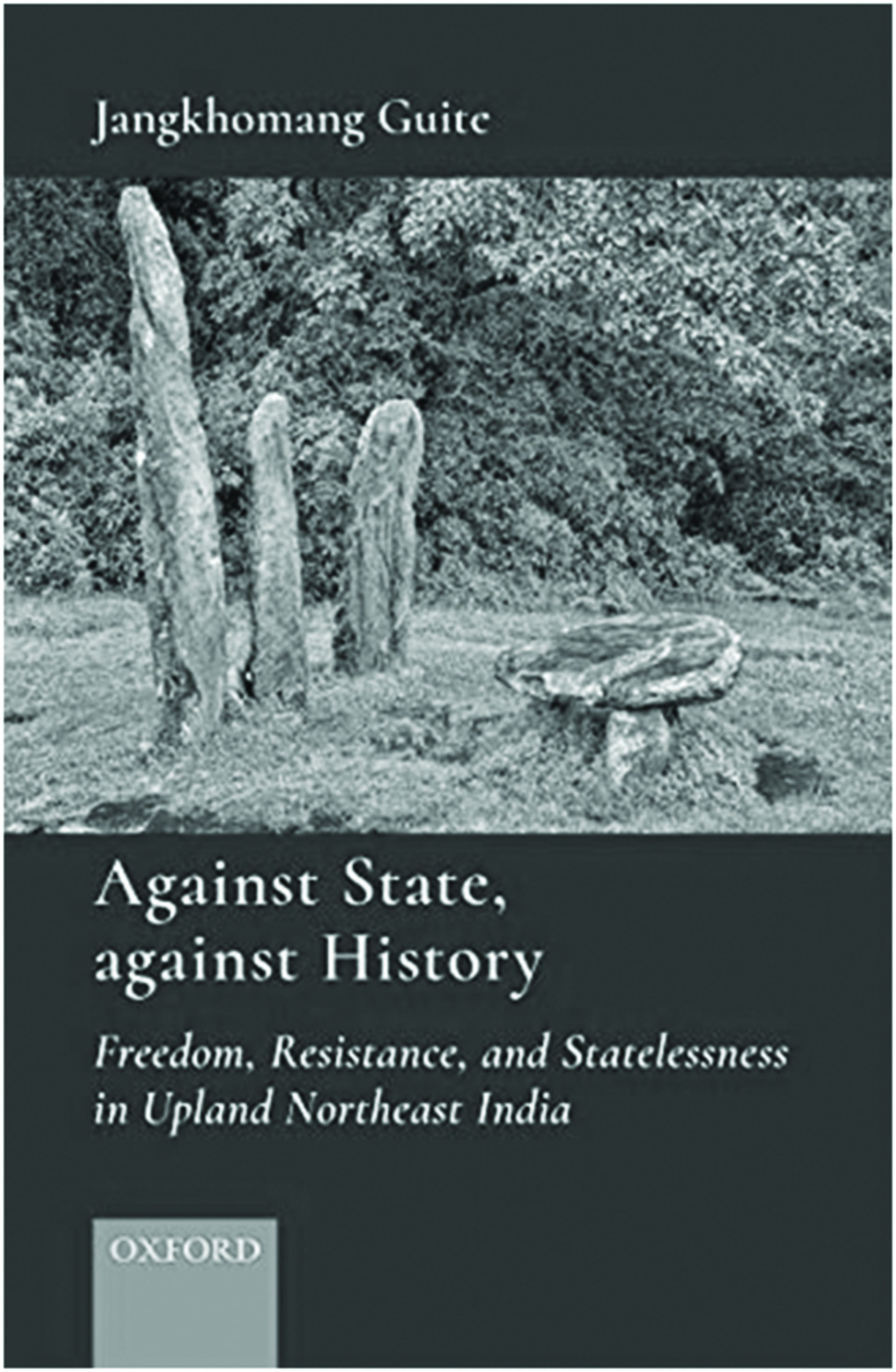Colonial stereotypical portrayal of the myriad hill-tribes of India’s North East as, inter alia, demoniacal, relics of the past and uncivilized—abstract principles intended to rationalize the imperial project—has undergirded much of the dominant understandings about the region. Even decolonization has not yet emancipated the dominant narrative about the region from colonial discourse. Given the conventional bias that historical narrative has for ‘mainstream’ society over people from the margins, the life ways and perspectives of the latter hardly gain countenance as ‘historical facts’ and are, thereby, relegated to peripheral historical agents. Latterly, emerging scholarship from the upland North East—drawing from the tradition of subaltern historiography—has striven to reverse this epistemic focal bias. The book under review is one such compelling contribution to this endeavour: to construct the history of the hill-tribes of the upland North East, covering from ‘time immemorial’ down to the advent of colonial rule, by decentering it from history that emanated from ‘state centres’ (p. xix).

Wilful Statelessness in Upland North East India
Khaikholen Haokip
AGAINST STATE, AGAINST HISTORY: FREEDOM, RESISTANCE, AND STATELESSNESS IN UPLAND NORTHEAST INDIA by Jangkhomang Guite Oxford University Press, New Delhi, 2019, 301 pp., 1095.00
May 2020, volume 44, No 5

173272 524422Im not that significantly of a internet reader to be honest but your internet sites really good, keep it up! Ill go ahead and bookmark your internet site to come back later. All the best 318478
246940 9787I was reading some of your content material on this website and I conceive this internet web site is actually informative ! Keep on putting up. 224321